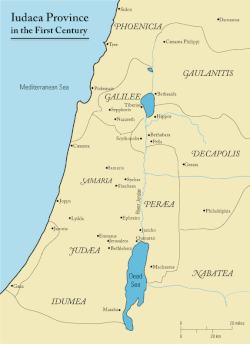P F Tinmore
Diamond Member
- Dec 6, 2009
- 79,041
- 4,383
- 1,815
Well, the Palestinians have records of citizenship. I don't see similar records for the Jews. It is possible that some do, but you can't broad brush an entire religion.Do any of those Jews "returning" have any evidence that they have ancestors from that territory?
What would you require for "proof" that could be applied objectively and universally?
For example, how would you apply the concept of "proof" to First Nations Americans? Or to Catalans? Or to Kurds? Or to Scots? Or, for that matter, to "Palestinians"?
Palestine is the birthplace of Christianity. I am a Christian. Does that mean I can go there, kick somebody out of his house, and start carrying in furniture?


